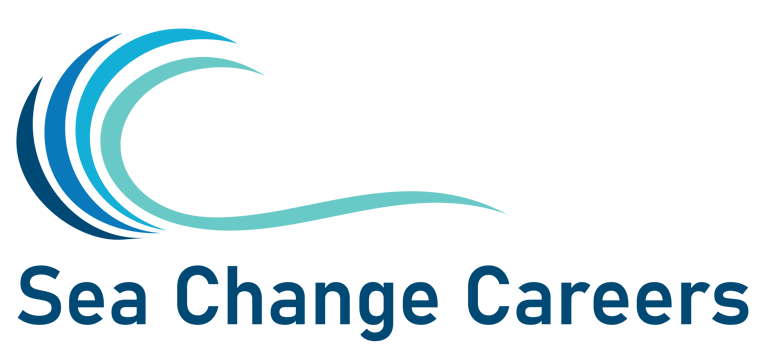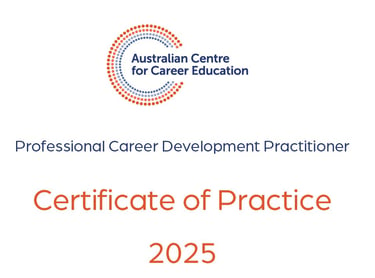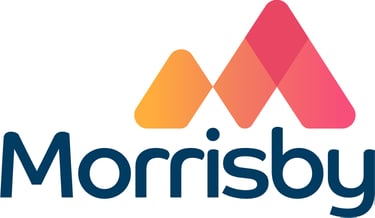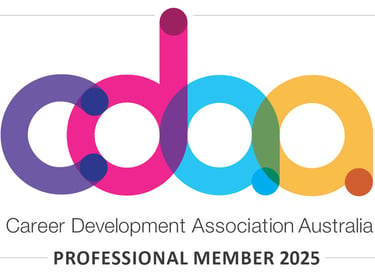How to Use This Glossary
Refer to these definitions whenever you come across unfamiliar terms on our website or in your sessions. If you have additional questions, your practitioner can provide further explanations and examples tailored to your situation.
Actionable Outcomes
Clear, practical next steps you can implement immediately after a career session, based on guidance or insights from your practitioner. They turn discussion into concrete action items to help you reach your goals.[1]
Alternative Education Pathways
Learning options outside traditional mainstream schools, such as vocational training, online courses, apprenticeships, or alternative programs. These pathways suit those seeking flexible or non-traditional routes to qualifications or employment.[2][3]
Aptitude Assessment
A tool, often a test or questionnaire, used to measure your natural abilities, skills, interests, and preferences. Aptitude assessments guide you toward careers that suit your strengths by providing objective and subjective insight into what you do best.[1][4]
Career Conversation
A structured, one-on-one discussion with a career practitioner or supervisor focused on your career interests, aspirations, challenges, and opportunities. Career conversations help you clarify your direction, explore options, and map out your professional development. These conversations are not performance reviews but strategic explorations of your future career path.[5][6]
Career Counselling
Professional guidance from a qualified practitioner who helps you explore, plan, and manage decisions about your learning, work, and transitions throughout your life. Career counselling involves personal reflection, assessment, and advice tailored to your needs and situation.[2][3]
Career Development Plan
A strategic plan or document created together with your career practitioner, outlining your education and career objectives, as well as the concrete steps, resources, and timelines needed to achieve them. It keeps your goals organised and actionable.[1]
Career Development Practitioner
A qualified, often registered professional who supports individuals in making education, training, and career choices. In Australia, practitioners must meet national standards (CICA), uphold ethical codes, and maintain ongoing professional development.[2][7][3]
Career Pathways
The various routes you can take in your working life to achieve your career objectives. These may include specific subject choices, training courses, roles, or experiences that build towards your goals.[3]
Consultation
An initial meeting or conversation with a career professional to discuss your needs, ask questions, and agree on how the service can support you. It sets the direction for ongoing work together.[2][3]
Entrepreneurial Thinking
A mindset in career management characterised by adaptability, creativity, initiative, and opportunity seeking. It means approaching your career as you would a dynamic project—being proactive, open to change, and ready to capitalise on new opportunities, not just waiting for jobs to appear.[8][9]
Feedback Session
A follow-up conversation following an assessment, where a practitioner explains your results and helps you interpret what they mean for your current situation and future steps. This collaborative discussion supports self-awareness and action planning.[10]
Morrisby Profile
A comprehensive, online psychometric tool consisting of a series of timed cognitive aptitude tests (including verbal, numerical, abstract, spatial, and mechanical reasoning), plus questionnaires on interests, work style, and personality. Results help identify strengths and suitable career or study pathways, and are interpreted by a professional in an individual feedback session.[11][10]
My System of Career Influences
A qualitative assessment based on the Systems Theory Framework (STF), guiding you to reflect on the personal, social, and environmental factors influencing your career development. The tool helps map out how your experiences, context, and chance events shape your decisions.[12][13][14]
Registered Professional
In Australian career development, this refers to someone formally recognised by a professional body (such as CICA), holding a relevant qualification (usually a Graduate Certificate or higher in Career Development), and committed to ongoing professional development and ethical standards.[7][15]
Systems Theory Framework (STF)
A holistic model of career development that emphasises how an individual’s career is shaped by the dynamic interaction of internal (personal traits, values, skills), social (family, peers, culture), and environmental (labour market, policy, historical events) factors. These systems are constantly influencing and changing each other, often in unpredictable ways, making career paths complex and unique to each person.[16][17][18][12][19]
2. https://cica.org.au/wp-content/uploads/CICA-ACDP-Brochure.pdf
3. https://careersweek.com.au/collateral/information_sheets/2310_FS_Aust_Career_Dev_Prac.V2.pdf
4. https://www.truity.com/test/career-personality-profiler-test
5. https://hr.arizona.edu/sites/default/files/Career-Conversations-Supervisor-Handbook-2024.pdf
6. https://www.mentorcliq.com/blog/career-conversation
7. https://cica.org.au/australian-register-professional-career-development-practitioners/
8. https://www.tatham.com.au/2018/02/01/what-is-career-entrepreneurship/
9. https://digitalcommons.unl.edu/cgi/viewcontent.cgi?article=1007&context=kimmelpapers&httpsredir=1
10. https://www.beckett-mcinroy.com/wp-content/uploads/2011/12/The-Morrisby-Profile-for-Students.pdf
11. https://en.wikipedia.org/wiki/Morrisby_Profile
13. https://acce.org.au/shop/my-system-of-career-influences-msci-adult-guide-and-workbook/
14. https://connect-erasmus.eu/moodle/pluginfile.php/2494/mod_resource/content/2/3.2.6m MSCI - Content and steps.pdf
15. https://cica.org.au/theregister/
18. https://www.ncda.org/aws/NCDA/pt/sd/news_article/290948/_PARENT/CC_layout_details/false
19. https://brill.com/display/book/9789004466210/BP000004.xml?language=en




